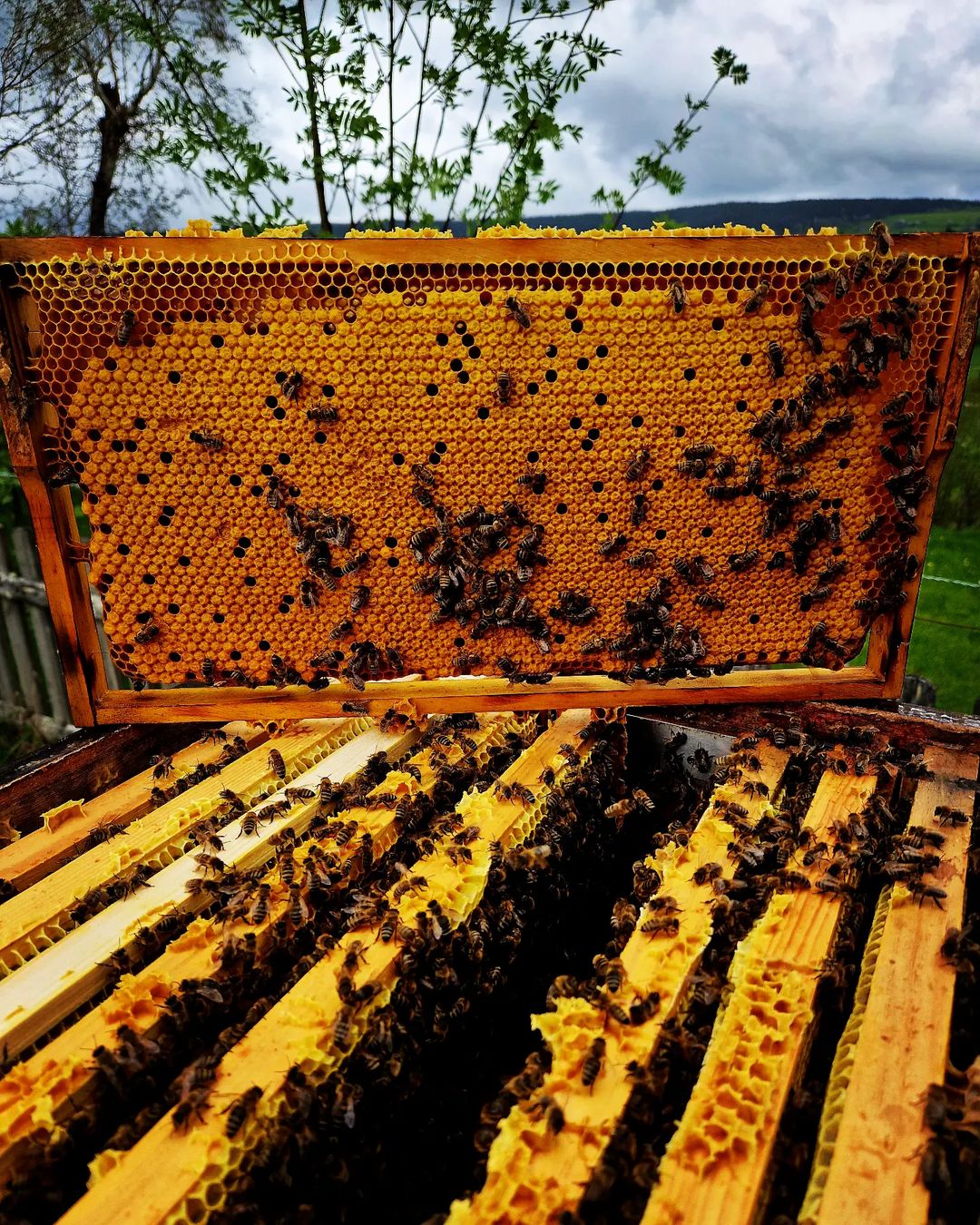The Essential Role of Bees for Life on Earth
Welcome to all nature lovers! Today we will talk about a small insect that plays a huge role in our lives: the bee. Despite its small size, the bee does an extraordinary job that directly affects our well-being and the survival of the entire ecosystem. Let's discover together the vital importance of bees in our lives.
Exceptional pollinators: Bees are the main agents of pollination in the natural world. As they feed on the nectar of flowers, they also collect pollen on their bodies. This pollen is carried from flower to flower, allowing the fertilization of plants. This pollination process is essential for the reproduction of many plant species, including those that produce fruits, vegetables, seeds and nuts. Without the pollination work of bees, many of our crops would not be able to produce the fruits we love and need for food.
Biodiversity and food security: Bees play a fundamental role in the conservation of biodiversity. Through their pollination work, they help preserve the variety of plant species present on our planet. This diversity is crucial to maintaining a healthy and balanced environment. In addition, bees contribute to food security by providing an essential service to agricultural production. Without them, many crops would not be able to produce the abundant harvests that sustain us.
Honey and bee products production: Bees not only provide us with the valuable service of pollination, but also provide us with delicious products such as honey, propolis, beeswax and pollen. Honey is a natural food rich in nutrients and antioxidants, which provides benefits to our health. Propolis has antibiotic and anti-inflammatory properties, while beeswax is used to produce candles, cosmetics and skin care products. Pollen, on the other hand, is appreciated for its nutritional properties.
The Threat of Bee Swarming: Despite their vital role, bees are threatened by several challenges, including overuse of pesticides, habitat loss, climate change, and disease. These threats put the survival of bees at risk, and in turn, our food supply. It is essential to take measures to protect and preserve bees, such as reducing the use of harmful pesticides, creating flower zones, and adopting sustainable beekeeping practices.
Exceptional pollinators: Bees are the main agents of pollination in the natural world. As they feed on the nectar of flowers, they also collect pollen on their bodies. This pollen is carried from flower to flower, allowing the fertilization of plants. This pollination process is essential for the reproduction of many plant species, including those that produce fruits, vegetables, seeds and nuts. Without the pollination work of bees, many of our crops would not be able to produce the fruits we love and need for food.
Biodiversity and food security: Bees play a fundamental role in the conservation of biodiversity. Through their pollination work, they help preserve the variety of plant species present on our planet. This diversity is crucial to maintaining a healthy and balanced environment. In addition, bees contribute to food security by providing an essential service to agricultural production. Without them, many crops would not be able to produce the abundant harvests that sustain us.
Honey and bee products production: Bees not only provide us with the valuable service of pollination, but also provide us with delicious products such as honey, propolis, beeswax and pollen. Honey is a natural food rich in nutrients and antioxidants, which provides benefits to our health. Propolis has antibiotic and anti-inflammatory properties, while beeswax is used to produce candles, cosmetics and skin care products. Pollen, on the other hand, is appreciated for its nutritional properties.
The Threat of Bee Swarming: Despite their vital role, bees are threatened by several challenges, including overuse of pesticides, habitat loss, climate change, and disease. These threats put the survival of bees at risk, and in turn, our food supply. It is essential to take measures to protect and preserve bees, such as reducing the use of harmful pesticides, creating flower zones, and adopting sustainable beekeeping practices.



























